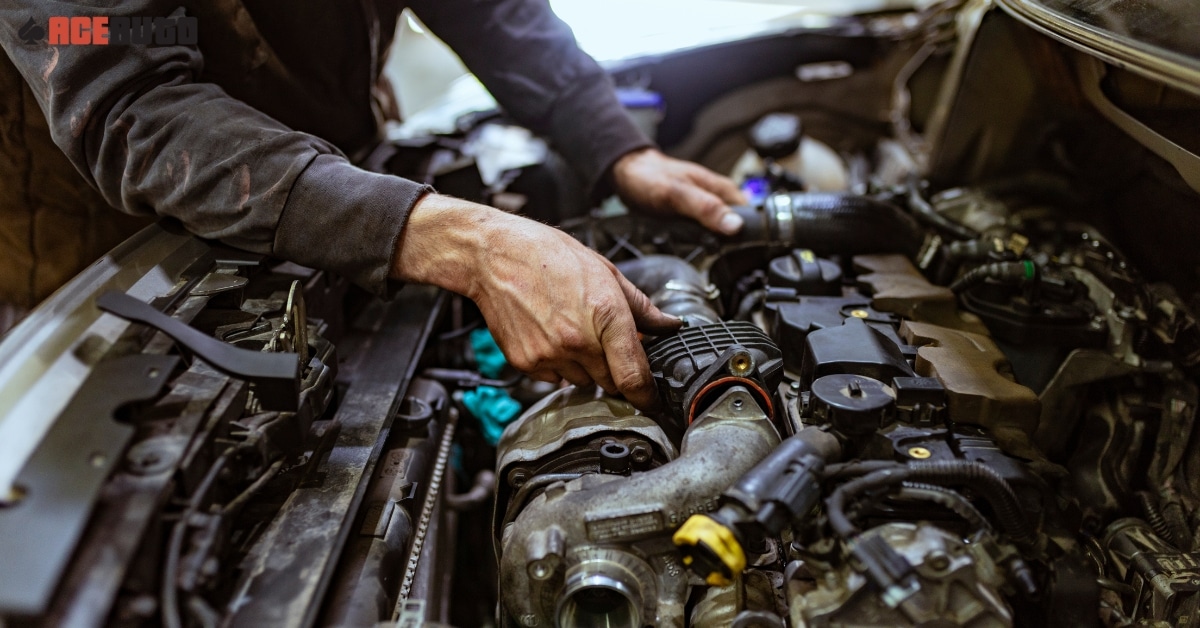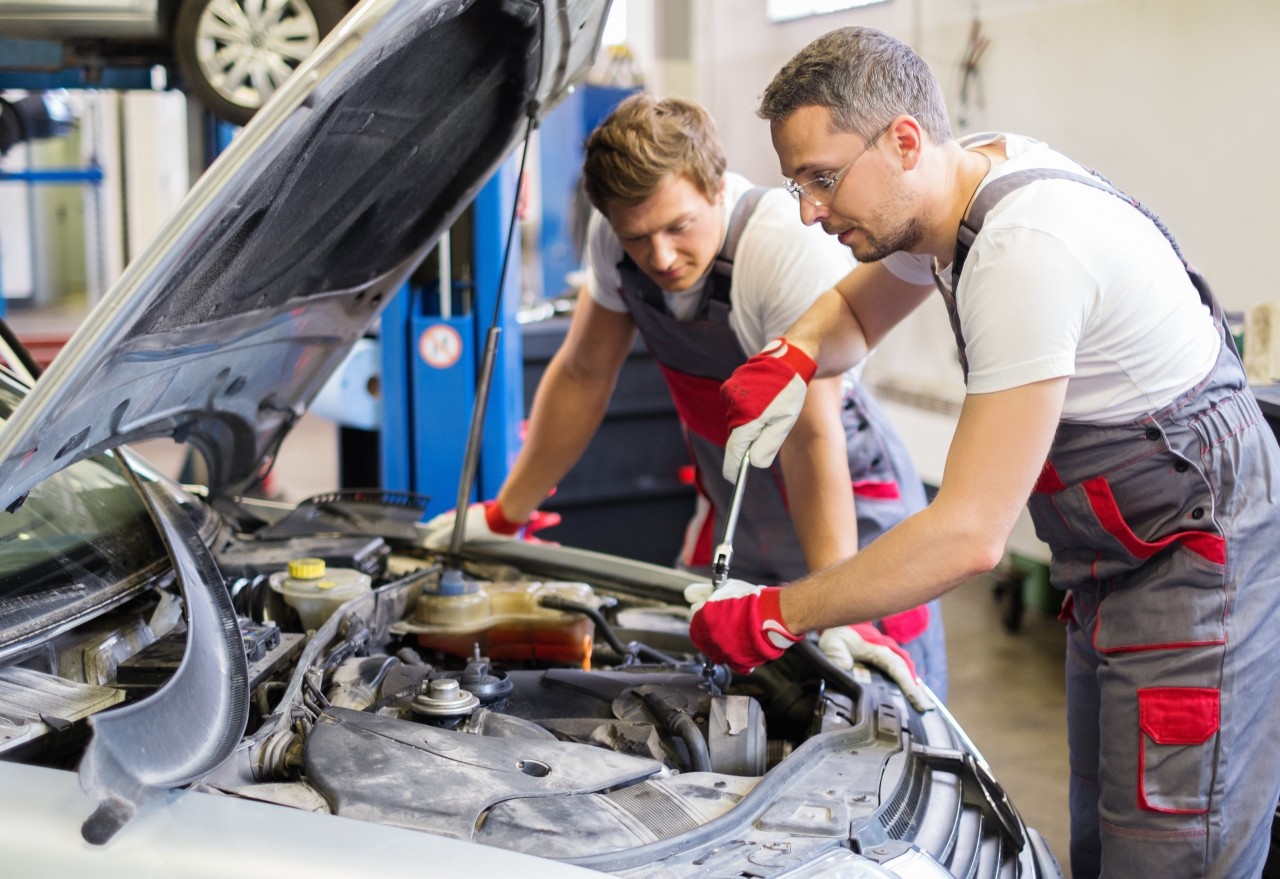All Categories
Featured
Your vehicle's brakes are one of the most critical elements in guaranteeing your security and the safety and security of others on the road. Routine brake examinations are important to maintaining ideal stopping performance and avoiding expensive fixings. Whether you're a skilled cars and truck owner or a brand-new motorist, comprehending brake inspection guidelines can aid you stay proactive concerning maintenance and ensure your vehicle is always roadworthy.
- Why Brake Inspections Matter. The even more you drive, the more rubbing your brake pads withstand, at some point leading to minimized braking effectiveness. Without appropriate evaluation, it's hard to evaluate when your brakes may be in demand of repair.
A well-maintained brake system ensures quick, receptive stopping power, specifically in emergencies. It additionally helps extend the life of your vehicle, as overlooking brake upkeep can result in extra serious, costly issues later.
- Indications You Need a Brake Inspection. While it's important to have your brakes checked periodically, particular indicators may indicate that they need interest. Watch (and ear) out for these caution signals:
Squeaking or Grinding Sounds: Uncommon sounds, specifically a piercing squeal or grinding noise, frequently imply that your brake pads are worn down. Resonance or Pulsation: If you really feel vibrations or a pulsing experience when pushing the brake pedal, it could be an indicator of distorted rotors or irregular brake pad wear. Lowered Brake Responsiveness: If your brakes really feel less receptive or you need to press the pedal harder to reduce, it may indicate air in the brake lines or low brake liquid. Pulling to One Side: If your automobile pulls away when braking, it might suggest irregular brake pad wear or a brake fluid leak. Dashboard Warning Lights: Some cars have brake-related warning lights that show issues like low brake liquid or used brake components. If you see any one of these signs and symptoms, it's important to have a professional mechanic do a brake assessment as quickly as feasible.

- What Takes place Throughout a Brake Assessment? Throughout a brake examination, a mechanic will examine several vital components of the braking system to make certain every little thing remains in working order. Below's what you can anticipate throughout the process:
Brake Pads and Shoes: The auto mechanic will certainly check the density of the brake pads or footwear. If they're also slim, they'll require to be changed. Brake Rotors: Rotors are the discs that the brake pads press against to slow your auto down. They'll be looked for any indications of wear, scoring, or warping. Brake Liquid: Low or polluted brake liquid can hinder stopping performance. The technician will certainly check the liquid level and top quality and leading it up or flush it if required. Brake Lines and Hose pipes: Brake lines carry liquid from the master cylinder to the brakes. The technician will look for any type of leaks, splits, or damages to guarantee correct liquid circulation. Brake Calipers and Wheel Cyndrical Tubes: Calipers and wheel cyndrical tubes press the brake pads versus the rotors or drums. The technician will certainly inspect for wear, leaks, and proper procedure. 4. Exactly how Frequently Should You Have Your Brakes Examined? The frequency of brake evaluations depends on aspects like your driving practices, the kind of vehicle you drive, and the atmosphere in which you drive. As a basic guideline, it's a good concept to have your brakes checked every 12,000 miles or yearly. However, if you experience any of the warning signs pointed out previously, it's vital to obtain your brakes examined immediately.
For those who often drive in rush hour, hilly surface, or severe weather, even more constant examinations might be necessary.
- Importance of Timely Brake Services. When you identify a trouble with your brakes, it's vital to address it right away. Postponing brake fixings can lead to even more considerable damage to your stopping system, leading to higher repair costs. In severe cases, overlooking brake concerns can lead to finish brake failing, which is a significant security risk.
By remaining on top of brake upkeep and addressing concerns quickly, you make sure that your brakes proceed to perform as intended, keeping you and your guests safe when traveling.
Conclusion: Keep Your Brakes in Top Shape. Brake examinations are a basic yet crucial component of lorry upkeep. By recognizing the significance of normal examinations, understanding the indicators of brake problems, and staying positive with repair services, you can guarantee your lorry's braking system continues to be in ideal problem.
Latest Posts
Professional Business Roofing Solutions in North Platte, Nebraska
Reliable Commercial Roof Covering Solutions by Weathercraft
Discover Budget-Friendly Auto Repairs with Montclare’s Limited-Time Service Specials
More
Latest Posts
Professional Business Roofing Solutions in North Platte, Nebraska
Reliable Commercial Roof Covering Solutions by Weathercraft
Discover Budget-Friendly Auto Repairs with Montclare’s Limited-Time Service Specials
